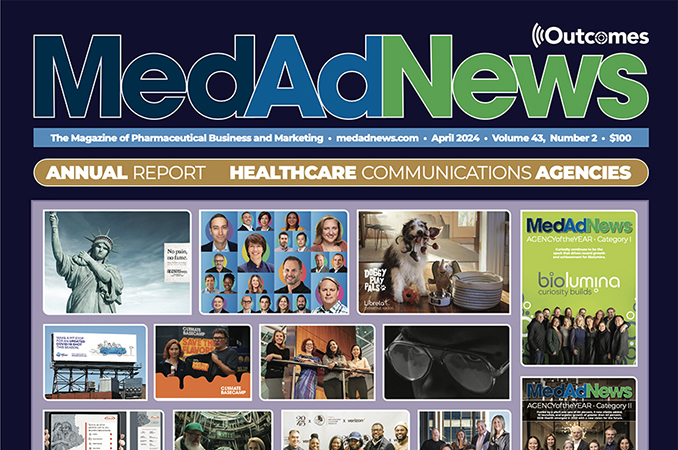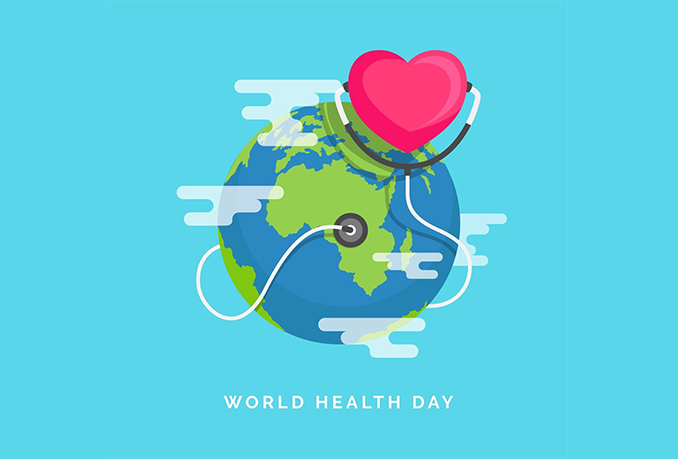In the dynamic realm where technology meets humanity, we are seeing a new frontier called digital twins. These AI-driven entities, also known as digital humans or synthetic clones, are reshaping the future of education, research, and training across nearly every sector, including the pharmaceutical and life sciences industries.
The deal was announced in February and Novo Nordisk Foundation has since refiled its application to the U.S. FTC seeking regulatory approval for it.
AstraZeneca’s blockbuster BTK inhibitor Calquence significantly improved progression-free survival when used as a frontline treatment in patients with mantle cell lymphoma, according to Thursday’s late-stage results.
Following strong Phase II data, Amgen is going all in on its next-generation obesity treatment MariTide, with plans to run a Phase III trial and a separate mid-stage study for diabetes.
The FDA’s authorization of therapies that fail their efficacy endpoints casts doubt on the regulator’s accelerated approval pathway, according to an article from David Rind, chief medical officer of the drug pricing non-profit Institute for Clinical and Economic Review, published in the Journal of the American Medical Association. In his viewpoint piece, Rind specifically called out Sarepta Therapeutics’ gene therapy Elevidys, which won the FDA’s accelerated approval in June 2023—despite falling short of its primary efficacy endpoint in two studies.
The San Diego, California-based company, whose tools and services are used in developing therapies and vaccines, has seen both a slowdown in demand from key markets such as China and cautious spending from its customers.











